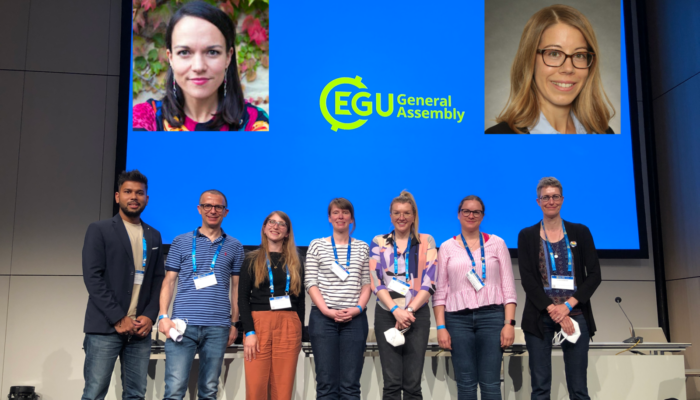
Monday evening’s Great Debate was definitely the place to be. Whether you were a PhD student, a professor, a research associate, a lecturer or, like me, a Postdoctoral researcher, this debate was here to raise awareness of the lack of permanent positions and the impact this has on a researcher’s career (and life!).
As you may all know, getting a permanent position can sometimes feel like an obstacle course, often lasting close to a decade. Just imagine how resilient people must be to reach the finish line! Of course, fixed-term contracts can have advantages like meeting new people and sharing innovations and they also allow you to discover new countries or new laboratories. But this particular advantage is conditioned by your mobility, which is a big part of the problem with fixed-term contracts.
Every year, or sometimes every six months (if you are unlucky), you have to pack your luggage, say goodbye to your new colleagues and friends and start a whole new life, and network, in a different country. If you are lucky enough, the visa will be easy to get, and you will be able to leave the country whenever you want. But otherwise, you may have to wait months and sometimes, this new situation won’t even allow you to go and visit your family.
The Great Debate emphasised the point that everybody needs to understand: this precarious situation is heavy on the ECR‘s shoulders. It’s like having a sword of Damocles hanging over our heads, ready to fall if we can’t find the next contract. Also, what do you do if you want to start a family and buy a forever home (even if not everyone wants this) when you don’t know where you will land next year? Because what this really represents is job insecurity, and this insecurity can have severe issues on mental health, but also on science productivity. As a result, a 2018 study showed that it is not rare for postdoctoral researchers to quit academia after five years of short contracts (Milojević, et al., 2018).
So what about that Holy Grail of a permanent position? Unfortunately, there is no miracle recipe to follow. The panellists discussed some solutions to help make life easier for people currently in a fixed-term contracts. For instance, it would be great if the contracts were no shorter than two years and if governments eased the visa application. Maybe, the panel also discussed, it is time to rethink the entire academic structure of temporary and fixed-term contracts, in partnership with universities, governments, and funding agencies. This would, however, only be possible if the scientific community unified under one voice.
Milojević, S., Radicchi, F., & Walsh, J. P. (2018). Changing demographics of scientific careers: The rise of the temporary workforce. Proceedings of the National Academy of Sciences, 115(50), 12616-12623.
Convener: Jenny Turton | Co-conveners: Janina Nett, Meriel J. Bittner, Aayush Srivastava
Panel : Marco Masia, Amrei Bahr, Valeria Cigala, Céline Heuzé




